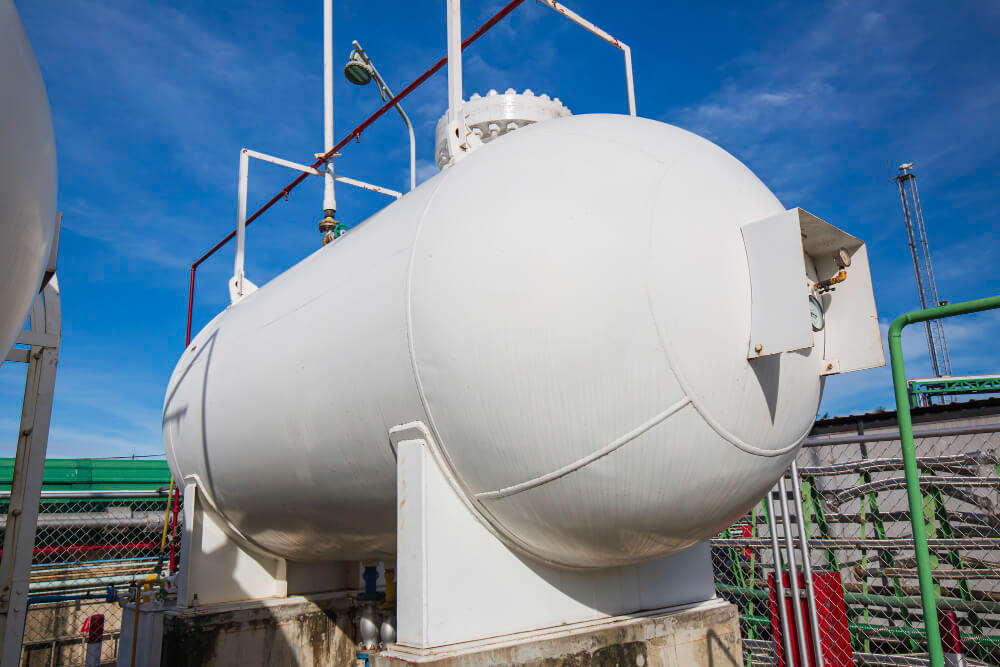About the Project
The client is an investment company specializing in the business of Reverse Osmosis Sea Water Desalination. As part of the Client’s business development process, it proposes to build a turbo-expander based gas processing plant in Gresik, East Java, Indonesia. The plant will produce lean gas, LPG and condensate.
ESC conducted a Quantitative Risk Assessment (QRA) for the design and commissioning of an LPG processing facility in Gresik, Indonesia.
Our Approach
The objectives of the QRA study are to identify and quantify the probability and consequences of possible accidents from the proposed plant’s process units, storage areas and loading/unloading activity of chemicals to the surrounding areas and to calculate the level of risk.
This scope of work for this study comprised of the following:
- Hazard Identification – Qualitative review of possible accidents that may occur (based on professional judgement) in the Amgen plant;
- Determination of failure scenarios;
- Determination of frequency of occurrence for each failure scenario;
- Combination of failure frequencies and consequences in order to determine overall individual risk levels and societal risks posed by the proposed plant;
- Comparison of the individual risk and societal criteria against the Dutch Risk guidelines; and
- Provision of mitigation measures were required to reduce the evaluated risks to meet the risk guidelines, as well as to propose (where feasible) possible measures to reduce the risk to a level As Low As Reasonably Practicable (ALARP).
Outcome
The QRA for the proposed activities in the gas processing plant, as the substances stored/used are classified as hazardous materials (i.e. flammable). The QRA was able to demonstrate and ensure that the hazards and risks involved were within acceptable levels.


